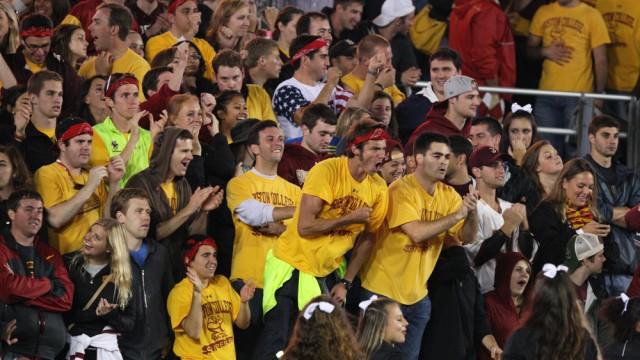Narcissistic, lazy, uninformed, disinterested; these are all words often used by older generations today to describe what is referred to as the “millennial” generation. Millennials are classified as anyone born after 1980 but before 2000, thus placing college students in the middle of this demographic. It’s common for older generations to look down upon youth and say that “things aren’t like they used to be” or that we’re all a bunch of “no-good, dirty, rotten kids” who are destined to drive our society into the ground. Sure, with the emerging “selfie” culture, prominence of technology, and apparent lack of protest and social action, it seems that the zeitgeist of our generation is one of apathy. When more closely examined, however, millenials may not be as toxic as one might think.
NPR recently ran a campaign asking millenials to share their Census categorization as well as traits that they wish that they could include on their official identification. Some of the results included derivations on race, gender, life outlook, and personal philosophies. A key factor that is present in the young-adult generation today is the growing steadfast ownership of personal identification and categorization. No longer is identity so black and white, but new shades of gray and splashes of color have also been introduced, painting this supposedly “lazy” generation in a new light.
Another critique of millenials is that we lack role models. In place of Jack Kerouac, Bob Dylan, and Kurt Cobain we have Harry Potter, Taylor Swift, and Justin Beiber. While it may seem that on the surface our generation is experiencing a drought in public leadership and role models, one does not need to look any further than the announcement of the recent Noble Peace Prize winners. Sharing the prize at 17, Malala Yousafzai, an educational activist from Pakistan, is a shining example of hope in our generation for the inspiring work that she does. There still are people who puruse a higher ideal and common good even if it means putting their reputation or life on the line. While it may not be as prevalent in pop culture, perhaps we need to look beyond the TV screens and Facebook profiles to see what real people are accomplishing.
It is apparent that the times are a-changin’, and many people may also critique the millennial generation for a lack of social activism and responsibility. While students may not be closing down schools in protest of tuition raises or war-involvement anymore, people are still getting together to protest inequality and raise their voices in light of injustice. Take the protests for racial equality in Ferguson, or the People’s Climate March last month, or high school students in Colorado protesting a censored cirriculum—all these events are as defining of our generation as our proclivity for narcissism, laziness, and apathy.
An important symbol of our generation, Harry Potter, once told a group of Hogwarts students that, “every great wizard in history has started out as nothing more than what we are now, students. If they can do it, why not us?” His words give rise to the important fact that despite all the problems we may be inheriting, we have the power to actually cause some good in the world.
Featured Image by Emily Fahey / Heights Editor













